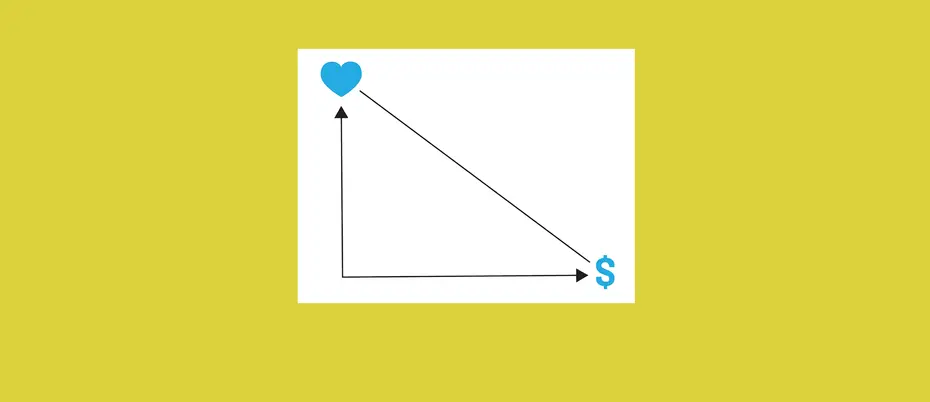Ethics
New book explores the economic limits of a moral life
Our choices are often guided by strong principles and emotions, but limited resources impose inevitable trade-offs.
Imagine that your government is proposing a new tax on clothing imported from countries that:
- Have weaker environmental standards than your country.
- Have weaker social standards than your country.
- Do not respect human rights.
How strongly would you agree with each of these import taxes, knowing that it would increase the price of clothing in your country by approximately 10%?
In their new book, “The Price of Our Values: The Economic Limits of Moral Life,” HEC Paris professor Augustin Landier and MIT Sloan professor examine this question and others in an effort to articulate the interplay between our desire to be good, the personal costs of being good, and the point at which people abandon goodness due to its costs.
The economists find that the answers to modern moral dilemmas are economic and often highly predictable. Our values may guide us, but we are also forced to consider economic costs to settle decisions.
The following excerpt, edited for length, explores the tension between ethical and economic decision-making.
+++
Economics is not just spreadsheets and dollar signs. Many economic opportunities involve a balancing act between material desires and moral aspirations. Such tensions arise in all areas of life: Are we ready to give up our vacations abroad in the name of climate change? Should we boycott goods produced in countries that do not respect human rights? Is it immoral to invest our savings in oil companies? Or to get food delivered by an undocumented immigrant who is not adequately paid? Should governments subsidize museums rather than help other, poorer countries?
Whether we like it or not, our moral values often clash with economic concerns. The resulting tensions make us uncomfortable, not merely because they exist but also because they are typically unvoiced in polite society. Accordingly, we end up making decisions without a clear understanding of the path we chose — or, perhaps, because we simply want the uncomfortable question to go away. In the face of those tendencies, this book is an intervention, not only to speak to the existence of these tensions but to offer a modestly more elevated way of thinking about them.
Often, our choices are guided by strong principles and emotions — by moral values. Yet, limited resources impose inevitable trade-offs — costs that we must face. It is painful to admit it, but dedicating more to one endeavor always means turning away from another. Our thesis, then, is that to be fully ethical, our moral decisions must transparently confront their cost implications. By making these tensions explicit, the book offers a form of couple’s therapy: a way of better communicating between our moral aspirations and our inner Homo economicus (our materialistic self).
[Integrating] economic concerns into our moral decisions requires rationally considering several ethical viewpoints. Our inner ethicist tends to get in the way of this; it wants to give some sort of moral monopoly to one set of values (religious, philosophical, political).
Instead, our approach calls for a reasoned, careful layout of alternative doctrines. Then, and only then, can we decide which philosophy, which value, best lines up with our aspirations and engage in constructive discussions with those who hold different views.
The flip side of this is, in our view, equally important: economic decisions, personal or collective, are often loaded with moral implications. It would be absurd to ignore them. It matters to each of us when we decide whom to work with, what to consume, and where to invest our savings. When making these choices, we express not only our economic preferences but also our moral values.
Such moral tensions are pervasive in debates about economic policies. In these discussions, economic specialists often apply, consciously or not, the utilitarian moral framework: A net greater good is a reason to do something.
Take, for instance, the consensus of economists in favor of free trade. It is based on a simple utilitarian worldview: Free trade increases the size of the pie even while it creates losers. So let’s just tax the winners, compensate the losers, and all will go well. Like all economic policies, however, international trade is not just a transfer; it comes with an array of moral consequences: segmenting the population into winners and losers, submitting people to tougher competition, changing the productive status quo that many care about, and so on.
These implications cannot be ignored under the pretext that one will “compensate the losers.” Not only is it hard to do but, more important, it does not solve many of the moral issues.
Reprinted with permission from “The Price of Our Values: The Economic Limits of Moral Life,” by Augustin Landier and David Thesmar, published by the University of Chicago Press. © 2025 by Augustin Landier and David Thesmar. All rights reserved.




